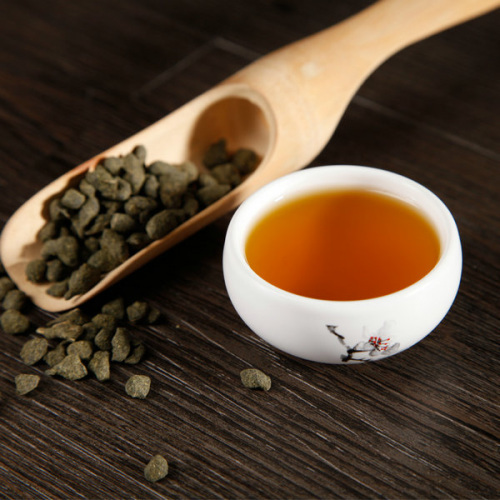
Oolong tea (Photo provided to China Daily)
When you are sipping an aromatic, warming cup of black tea, do you know that for the past 200 years, there have been numerous adventures, conspiracies, rises and falls of empires behind the history of those tea leaves?
What Westerners call black tea is red tea for the Chinese. Although the color of the tea looks black, the leaves and soup after brewing look red.
The Chinese side of the story about the invention of the first black tea, lapsang souchong, started in Tongmuguan, Fujian province's city of Wuyishan. The birth of the tea, the first to reach the Western world from Fujian, originated from an accident.
The story has it that a Chinese army happened to stop by a tea farm in the late Ming Dynasty (1368-1644) and soldiers slept on raw tea leaves intended for green tea making. Helpless and eager to avoid further loss, the anxious tea producer roasted the withered tea leaves immediately afterwards, with pine branches, ending up with a deep colored tea, which produced bright red soup, a smoky taste and sweet flavor.
To the tea farmer's surprise, the unintended taste and flavor became a hit in the market, and the whole area started to make the tea to satisfy market demand.
Around the end of the 16th century and the start of the 17th century, Dutch businesspeople took tea to Europe. Catherine of Braganza, when she married British King Charles II in 1662, took the tea drinking habit from Portugal to the British court.
It was hard to say if residents in the United Kingdom had the choice of drinking green tea, because it is said that after long sea transportation, green tea from China naturally fermented into black tea.
At the time British people still didn't know that black tea and green tea are made from the same leaves, so Scottish botanist Robert Fortune (1812-1880) met with disbelief when he pointed out that only a different processing method made black tea and green tea different.
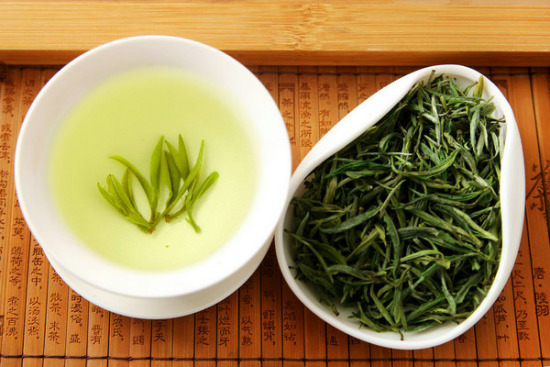
Green tea (Photo provided to China Daily)
Fortune was sent by the East India Company to steal tea from China. He took more than 20,000 tea plants and seedlings to the Darjeeling region of India in 1851. Although most of the tea plants he introduced to India are said to have died, trained Chinese tea workers he took there are believed to have equipped the country with the necessary technology and knowledge for tea making.
That was between the First Opium War (1839-1842) and the Second Opium War (1856-60), caused by the East India Company's introduction of opium to China, as an attempt to make up for the trade deficit caused by huge tea import from China.
Tea was not widely consumed in Britain until the 18th century. The price of tea in Europe fell steadily during the 19th century, especially after Indian tea began to arrive in large quantities, as the British attempt to establish a tea industry in India paid off. Residents of the UK and in the West formed the habit of drinking black tea with sugar and milk.
Although China's green tea production and exportation is the highest in the world, its tea export still ranks lower than that of Kenya and Sri Lanka. Tea exports have been difficult, both because of the growing high cost of making tea and strict safety standards in other countries.
At the same time, Chinese still mainly consume green teas. In 2015, green tea took up 53 percent of China's market share, shows data from the China Tea Marketing Association. Black tea sales were estimated to account for 9 percent, ranking third, after oolong, which took up 12 percent of market sales.
Black tea consumption has been rising in China in the past year. People consider black tea healthy, because it is warming to the stomach and is believed to lower blood sugar and blood fat.
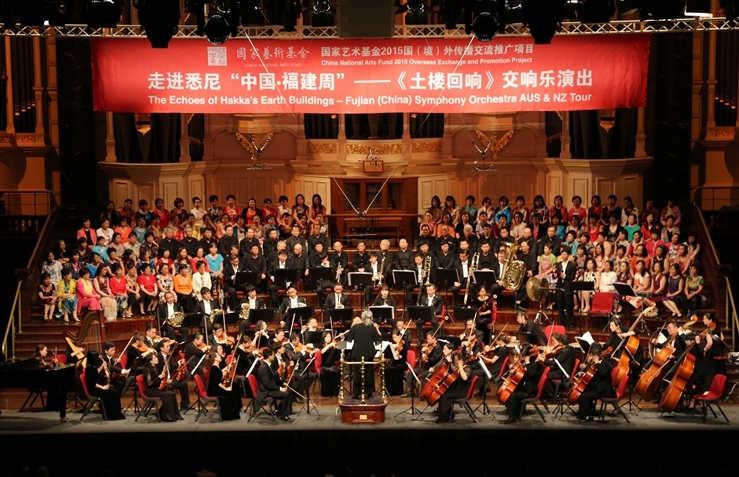 《土楼回响》在澳洲掀起文化热浪
《土楼回响》在澳洲掀起文化热浪 【走进内阁】认识澳大利亚最高级别的政府官员(一)
【走进内阁】认识澳大利亚最高级别的政府官员(一) 【90后看大佬】 “侨送光明,医济侨胞,借船出海”——澳洲康平国际医疗集团总裁陈星惠医生专访
【90后看大佬】 “侨送光明,医济侨胞,借船出海”——澳洲康平国际医疗集团总裁陈星惠医生专访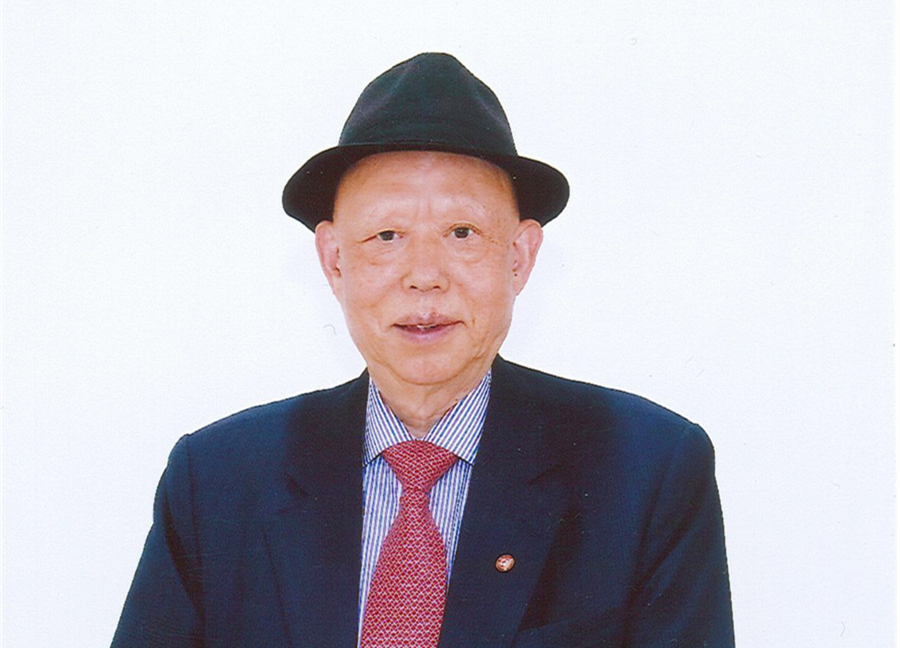 【90后看大佬】林辉源的“三不人生”
【90后看大佬】林辉源的“三不人生”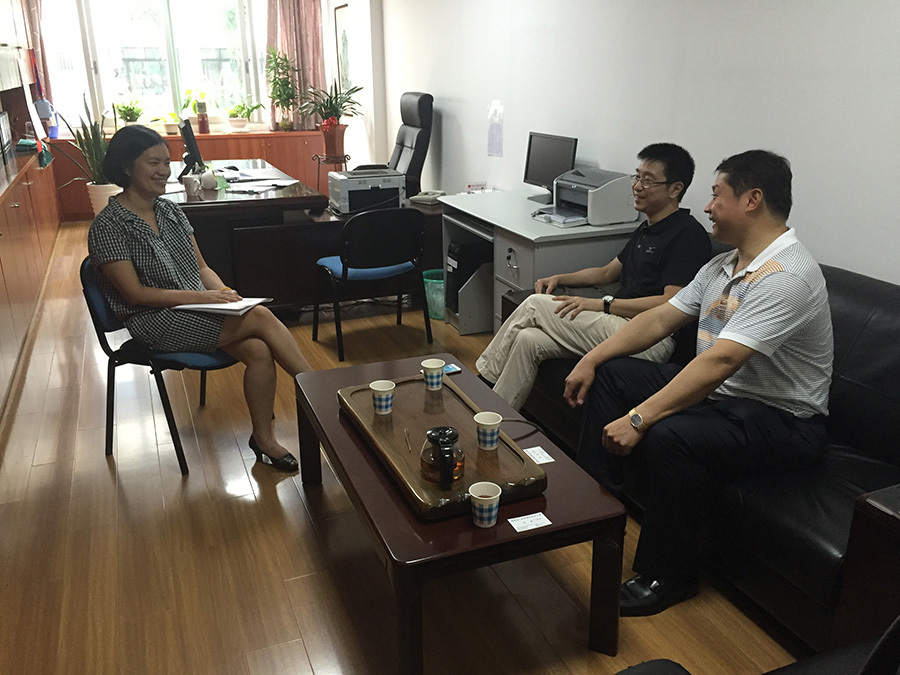 福建省侨办领导会见东南网澳大利亚站代表团
福建省侨办领导会见东南网澳大利亚站代表团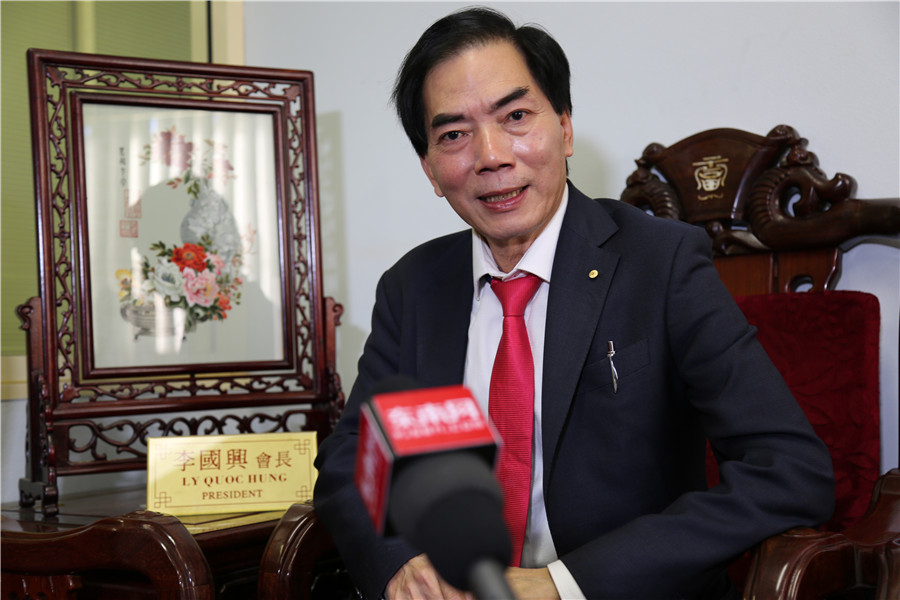 【90后看大佬】“左右合并”的幸福人生——澳洲潮州同乡会会长李国兴
【90后看大佬】“左右合并”的幸福人生——澳洲潮州同乡会会长李国兴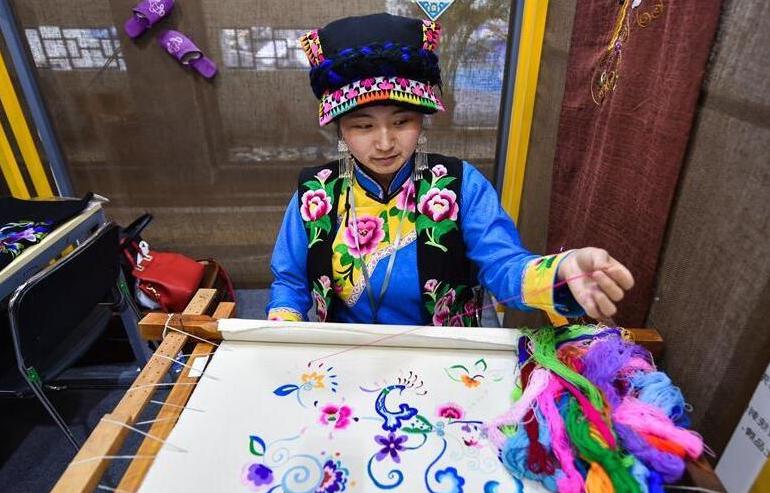 文博会呈现“非遗”精彩 图
文博会呈现“非遗”精彩 图 百年高甲戏的“逆袭记”:让闽南特色走向海外
百年高甲戏的“逆袭记”:让闽南特色走向海外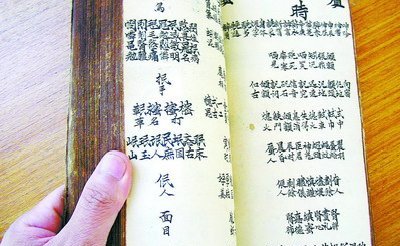 综述:闽南方言保护传承的现代机遇
综述:闽南方言保护传承的现代机遇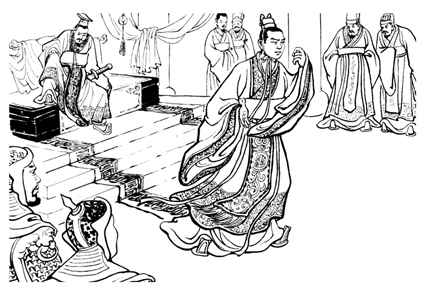 曹丕绵绵思故乡 也有柔肠寸断时
曹丕绵绵思故乡 也有柔肠寸断时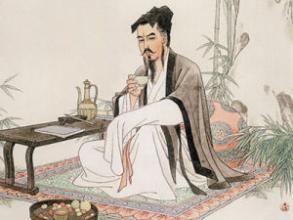 唐初大诗人骆宾王下落神秘 传死于乱军
唐初大诗人骆宾王下落神秘 传死于乱军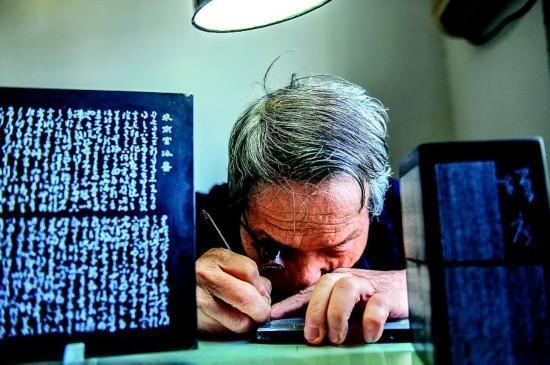 85岁老人在12×6厘米石头上微雕千字文(图)
85岁老人在12×6厘米石头上微雕千字文(图)
